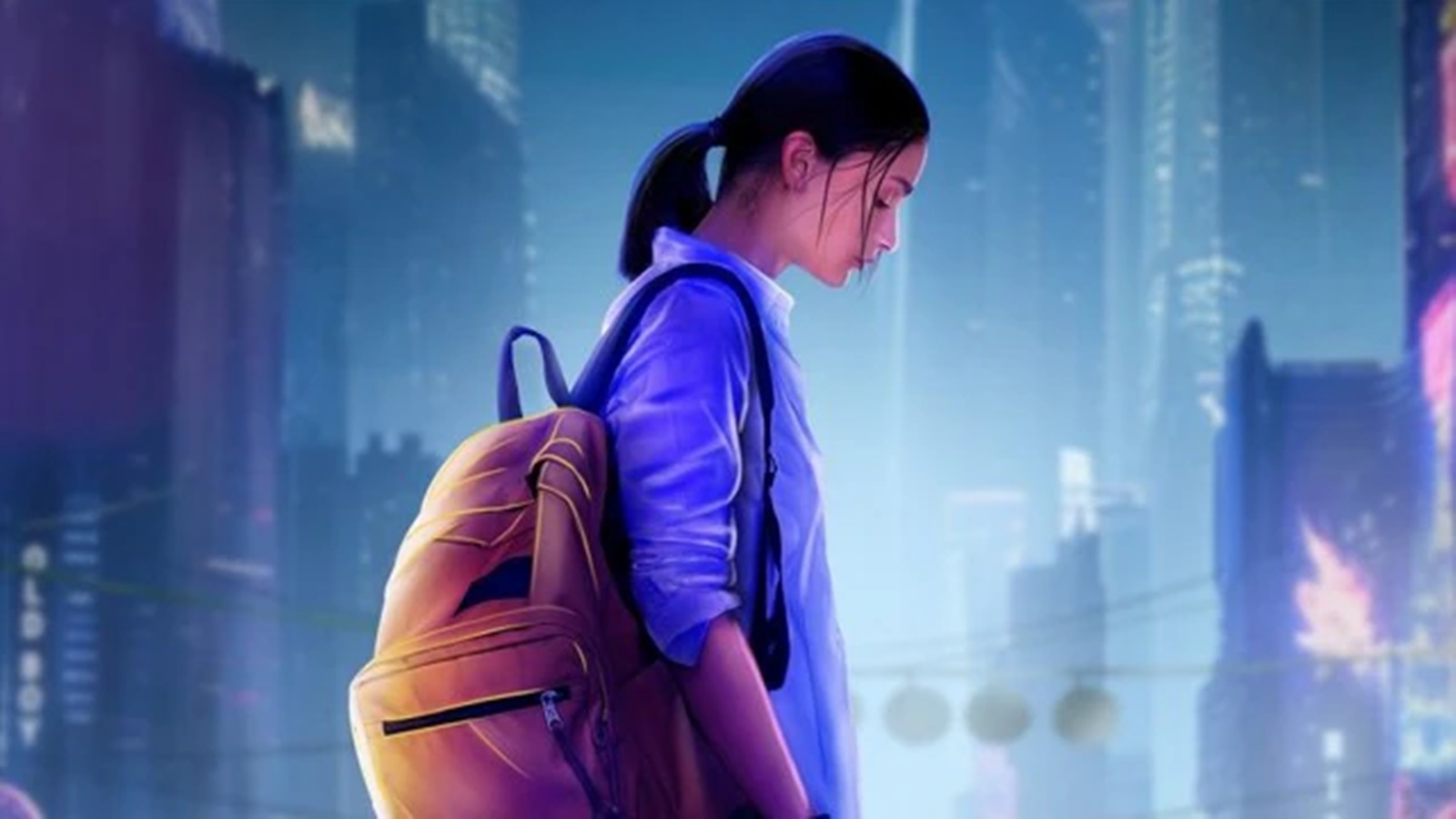
In the recently released Jigra, the new-age angry young man is a young woman who will go out of her way to make sure her younger brother is safe. He is in her “protection”, she reminds him, as he wears her rakhi. The fact that her brother is stuck in jail in a foreign land is not a deterrent. Named Satya, the character is played by Alia Bhatt, who is being praised for her acting, while also becoming a target of rivalries between fan clubs and “nepotism” accusations online. This contradiction makes the extra-cinematic life of this film overwhelming. It seems like we are watching a newer type of female stardom unfold — powerful on film, but vulnerable to offscreen trolling and hate, which may even impact a film’s box office results.
First the powerful part. The emotional core of the film is childhood trauma. Like Amitabh Bachchan’s angry young man — a touchpoint for this film — Satya too is haunted by childhood abandonment. She too looks like she is marked to play the role right from the first frame. Unlike the best of Bachchan’s films though (especially those written by Salim-Javed), this trauma is entirely individualistic. It is never a comment on social injustice, even though there is an unfair legal system in Jigra’s fictional foreign land. Perhaps this shift makes it a film of our times.
In this individualised anger, Jigra’s Satya has competition from Ranbir Kapoor’s watered down angry young men characters. It is not just the awful Animal, but also Rockstar which, in retrospect, is like the perfect precursor to the victimhood portrayed in Animal. Is the anger of male protagonists always going to appear entitled and even dangerous in its cinematic form? Perhaps. Till a film shows us otherwise.
But while the anger of those films is about a sense of perceived hurt, victimhood and wrongdoing, there is no self pity in Jigra. In fact, Satya does not pause to consider the why or how of the events in her life. Things happen to her. And she just responds. Her driving force is not the self but another person — her brother Ankur — who she probably sees as an extension of her own self. Childhood abandonment has made her excessively protective. Being Ankur’s sister is her only identity and this defines her morality. I have been using the word angry, mainly because of the film’s setting up of Satya as the Bachchan of the film, but Satya is not really angry. She is traumatised. It is a high-functioning trauma that keeps her always on alert.
Jigra’s references to Zanjeer are probably among the most enjoyable parts of the film. The best is the unusual pairing of Manoj Pahwa-Alia Bhatt as a version of the Pran-Amitabh friendship in Zanjeer — The “tiger” to her Satya, as Sher Khan was for Vijay. In this sub-plot, friendship can be as important as family loyalty, and it all comes together beautifully towards the end to pay homage to the older film. This is done in a style that one can recognise as director Vasan Bala’s original voice (as was evident in his last two films Mard Ko Dard Nahi Hotaand Monica, O My Darling). Very few contemporary Hindi filmmakers have that.
Till now, popular film discourse used to talk about so-called female-oriented roles as progressive. Whenever women actors have played similar roles — Kahaani, Mardaani, and NH10 being some examples — they have been lauded as turning points in female representation. Jigra has the added layer of extensive physical action performed by its female star. But if we take online discourse seriously, then Jigra also marks a shift because Alia Bhatt’s performance, which is very good, seems to be overshadowed by debates over nepotism in some online circles. In this imagination, she does not deserve to be cast in the author-backed roles that she plays very well. Bhatt is a widely-appreciated actor who is also a victim of a superficially framed online discourse. If star personas have always reflected the dominant feeling of a time, then Bhatt’s stardom might be doomed to be of this nature. Unfortunately for her, and us, it seems like the confused times we live in can only produce this kind of star discourse when it comes to women actors.
The writer is a film scholar and critic based in Delhi



